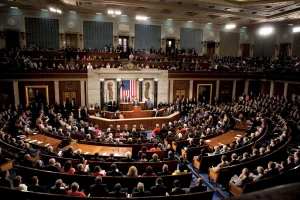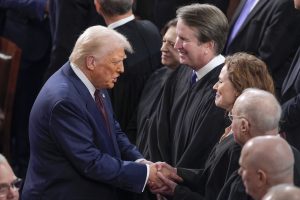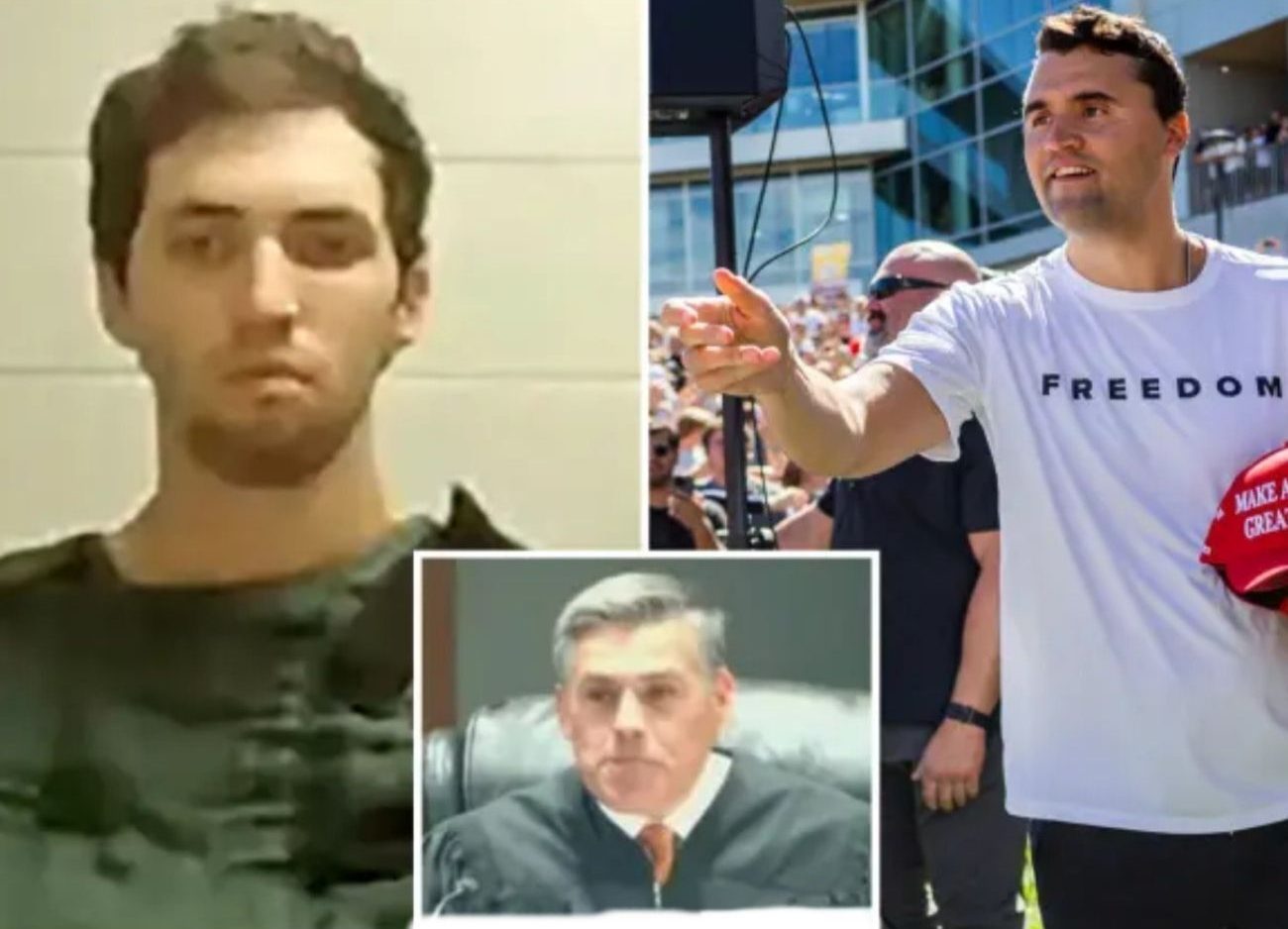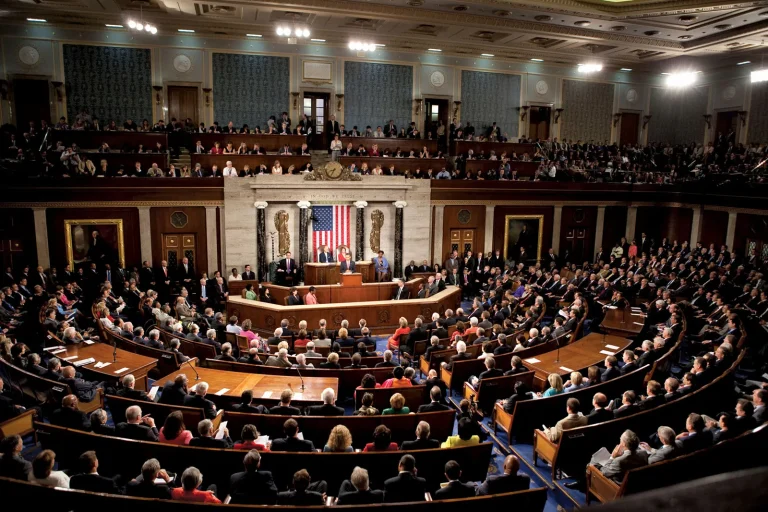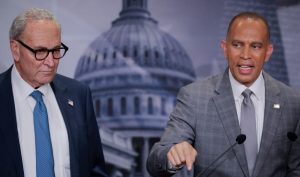PROVO, Utah — The judge overseeing the high-profile case involving the assassination of conservative activist Charlie Kirk issued his first significant ruling this week, granting the defendant, Tyler Robinson, permission to wear civilian clothing during upcoming court appearances.
Fourth District Court Judge Tony Graf made the decision during a pretrial hearing, saying the move was necessary to uphold the presumption of innocence as the case proceeds. However, Graf denied a separate request for Robinson to appear without restraints, citing ongoing security concerns due to the emotional and public nature of the proceedings.
“The defendant shall be dressed as one who is presumed innocent,” Graf said in court, according to Newsweek.
The judge further barred media outlets from photographing or filming Robinson’s restraints and from capturing images of him entering or exiting the courtroom, in order to prevent potential bias among future jurors.
Background: The Killing of Charlie Kirk
Charlie Kirk, the 31-year-old co-founder of Turning Point USA, was fatally shot on September 10 during a student debate event at Utah Valley University. A nationally recognized conservative voice and close ally of former President Donald Trump, Kirk was known for his efforts to mobilize young conservative voters and expand grassroots engagement across college campuses.
The alleged gunman, Tyler Robinson, 22, was arrested hours later after a statewide manhunt. Prosecutors say Robinson acted alone and have charged him with aggravated murder, among other offenses. Officials confirmed earlier this month that the death penalty remains on the table if Robinson is convicted.
“This is a high-profile case with strong public interest,” Judge Graf said during the hearing.
The Court’s Ruling
Robinson’s defense team had filed a motion requesting that he be permitted to wear civilian clothing and appear unshackled in court, arguing that images of him in jail attire could bias both the public and potential jurors.
Prosecutors objected, citing the need for security and maintaining proper identification during proceedings.
Judge Graf struck a balance, siding with the defense on the clothing issue while upholding the restraints.
“Balancing these factors, the court finds that Mr. Robinson’s right to the presumption of innocence outweighs the minimal inconvenience of permitting civilian attire,” Graf wrote in his ruling.
The judge noted that Robinson has no prior criminal record and has not exhibited misconduct while in custody, but emphasized that the charges are “extraordinarily serious.”
“The emotional nature of these proceedings also raises the risk of disruption,” Graf added. “The case has attracted extraordinary public and media attention. Images of Mr. Robinson in jail clothing are likely to circulate widely and influence prospective jurors. Given the scale of that publicity, the risk of prejudice is significant.”
Tight Security and Limited Access
During the hearing, Robinson participated remotely and confirmed he could hear the proceedings but was not visible on camera.
Graf also addressed media access, warning outlets to avoid photographing or filming Robinson’s restraints or capturing him entering or leaving the courtroom. Future hearings may also see restrictions on camera access, depending on further motions from the defense and prosecution.
Both sides are still deep in the discovery phase, reviewing evidence and preparing motions related to remote hearings and courtroom access.
Federal Involvement and Ongoing Investigation
During a briefing last month, FBI Director Kash Patel confirmed that federal investigators are continuing to follow multiple leads in the case.
“We are running out absolutely every single lead,” Patel said. “The best thing we can do to honor my friend Charlie Kirk’s life is to ensure that everyone involved is prosecuted to the full extent of the law. We are focused on investigating the facts, not trading in conspiracy theories.”
While authorities have not publicly disclosed a motive, law enforcement sources previously indicated that investigators are exploring possible political motivations and whether Robinson acted independently or under influence from external groups.
Defense Strategy and Next Steps
Robinson’s defense attorneys have maintained that it is too early to draw conclusions, noting that discovery only began a few weeks ago.
Skye Lazaro, a well-known Utah defense attorney not affiliated with the case, told Fox News that the timeline could pose challenges for prosecutors.
“There is just so much we don’t know yet as this case develops,” Lazaro said. “Given the scope of discovery and the complexity of the evidence, the defense could easily delay proceedings for months — even up to a year — before this reaches a preliminary hearing.”
Robinson’s attorneys recently postponed his waiver hearing by one month, a move legal analysts say signals a long, methodical defense strategy.
“They’re buying time,” said legal analyst Matt Barlow, a former Utah prosecutor. “This case is extremely high-profile, so the defense will want to review every piece of evidence, every statement, every chain of custody before taking another step.”
What Comes Next
Robinson’s next court date has been scheduled for January 16, where additional procedural motions are expected. Those motions will likely address:
-
Whether upcoming hearings should remain remote for safety reasons,
-
What camera restrictions will apply to future proceedings, and
-
How evidence and witness testimony will be presented during pretrial.
In the meantime, the prosecution team — which includes both state and federal partners — continues to gather forensic evidence, ballistic reports, and digital communications.
If the case proceeds to trial, experts say it could become one of the most closely watched criminal trials of 2025, both for its political undertones and the public profile of the victim.
“This case is more than a murder trial — it’s a flashpoint in American political culture,” said Dr. Eleanor Hughes, a political communications scholar. “How the justice system handles it will send a message about fairness, transparency, and the rule of law in an era of deep polarization.”
Public Reaction
Public reaction has been intense. Conservative leaders have mourned Kirk as a patriot and visionary for young conservatives, while some online commentators have warned against politicizing the case before the facts are fully known.
Turning Point USA released a statement shortly after the hearing, saying the organization remains “fully confident in the judicial process” and trusts that “justice will be served swiftly and fairly.”
Outside the courthouse, several dozen demonstrators — including both Kirk supporters and local activists — gathered peacefully, reflecting the broad emotional impact of the killing.

Emily Johnson is a critically acclaimed essayist and novelist known for her thought-provoking works centered on feminism, women’s rights, and modern relationships. Born and raised in Portland, Oregon, Emily grew up with a deep love of books, often spending her afternoons at her local library. She went on to study literature and gender studies at UCLA, where she became deeply involved in activism and began publishing essays in campus journals. Her debut essay collection, Voices Unbound, struck a chord with readers nationwide for its fearless exploration of gender dynamics, identity, and the challenges faced by women in contemporary society. Emily later transitioned into fiction, writing novels that balance compelling storytelling with social commentary. Her protagonists are often strong, multidimensional women navigating love, ambition, and the struggles of everyday life, making her a favorite among readers who crave authentic, relatable narratives. Critics praise her ability to merge personal intimacy with universal themes. Off the page, Emily is an advocate for women in publishing, leading workshops that encourage young female writers to embrace their voices. She lives in Seattle with her partner and two rescue cats, where she continues to write, teach, and inspire a new generation of storytellers.

